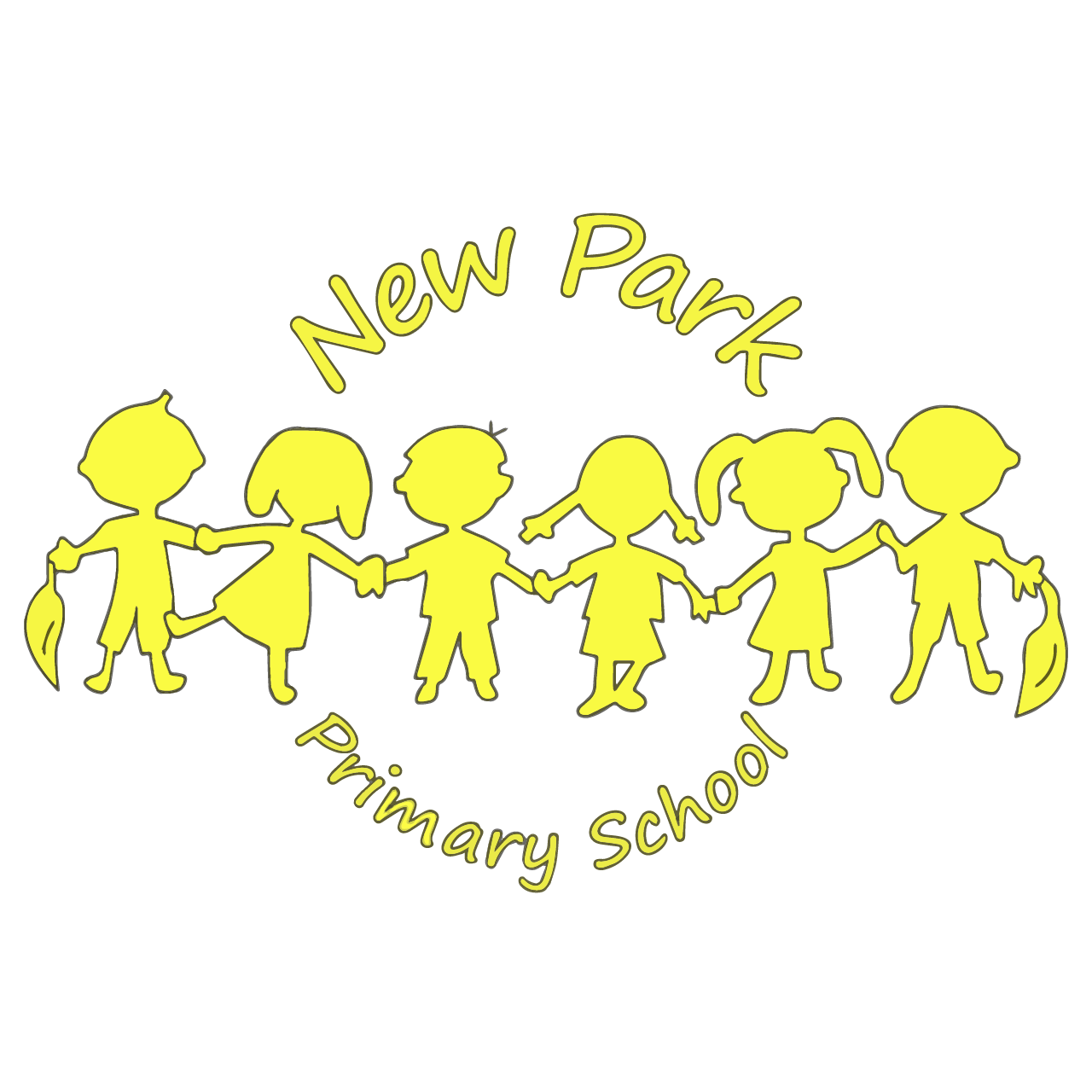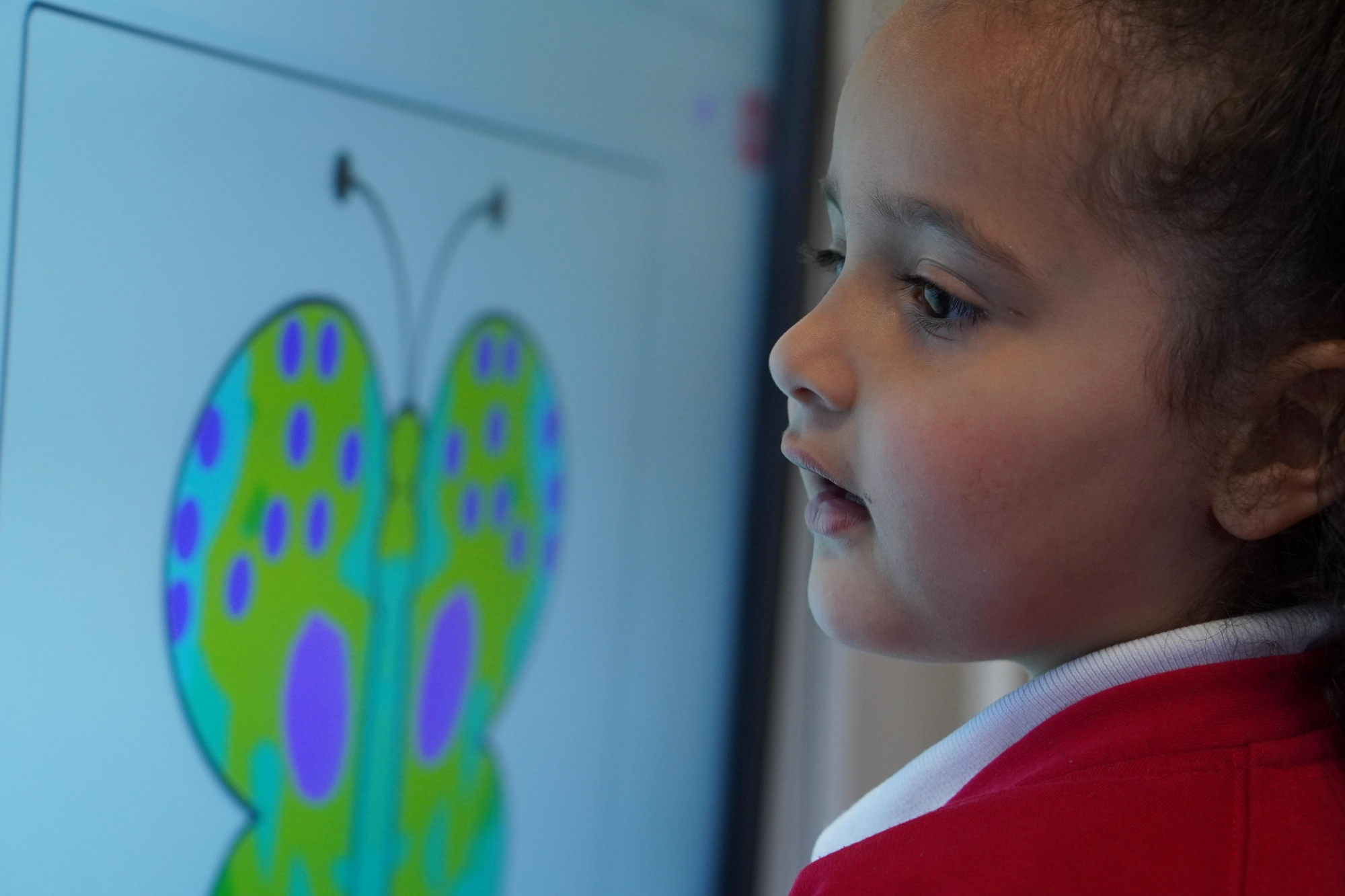Computing: Navigating the Digital World
We are committed to providing an inspiring Computing curriculum that fully prepares children for their future in a technology-driven world. We encourage our children to become independent, resilient learners with ambitious, limitless goals, confidently and safely navigating the digital landscape. Our curriculum ensures a clear progression of skills through high-quality, rich learning experiences, enabling children to participate effectively and safely in this digital world, preparing them for the opportunities, responsibilities, and experiences of later life.
Our Aims:
Through our Computing lessons, we aim to ensure that all pupils:
- Become independent and resilient learners with ambitious, limitless goals.
- Make progress throughout their school life and are well-prepared for the digital world beyond school.
- Are confident in using a range of hardware and software, and understand and apply fundamental principles of computer science.
- Use problem-solving, logical thinking, and self-evaluation skills in the wider world.
- Are competent, confident, responsible, and creative users of digital technology.
Subject Content
By the end of each key stage, pupils are expected to know, apply, and understand the specified skills and processes.
Key Stage 1:
Pupils are taught alongside the National Curriculum to meet objectives in:
- Computer Science: Understanding algorithms as sets of instructions, planning simple programs logically, creating and debugging basic programs, and identifying program parts that respond to events.
- Information Technology: Organizing and retrieving data, editing complex digital data (e.g., music), confidently managing files, and changing content in digital files.
- Digital Literacy: Identifying basic parts of search engines for relevant content, understanding various technology uses (in and out of classroom), and beginning to understand safe electronic sharing, including email safety and reporting inappropriate content.
Key Stage 2:
Pupils are taught alongside the National Curriculum to meet objectives in:
- Computer Science: Turning complex programming tasks into algorithms (abstraction and decomposition), testing and debugging systematically, translating algorithms with sequence, selection, and repetition into code (including nesting and understanding variables, inputs/outputs, functions), interpreting program parts to explain complex algorithms, and understanding the difference between the internet and World Wide Web, including WANs and LANs.
- Information Technology: Applying filters for digital content searches, critically evaluating webpage credibility and information accuracy, comparing digital content sources for quality, and using critical thinking in online communication. Children will design and create their own blogs and evaluate digital solutions for improvement.
- Digital Literacy: Demonstrating safe and respectful use of technology and online services, identifying subtle inappropriate behaviours, and recognising the value of online privacy for personal and others' safety.


